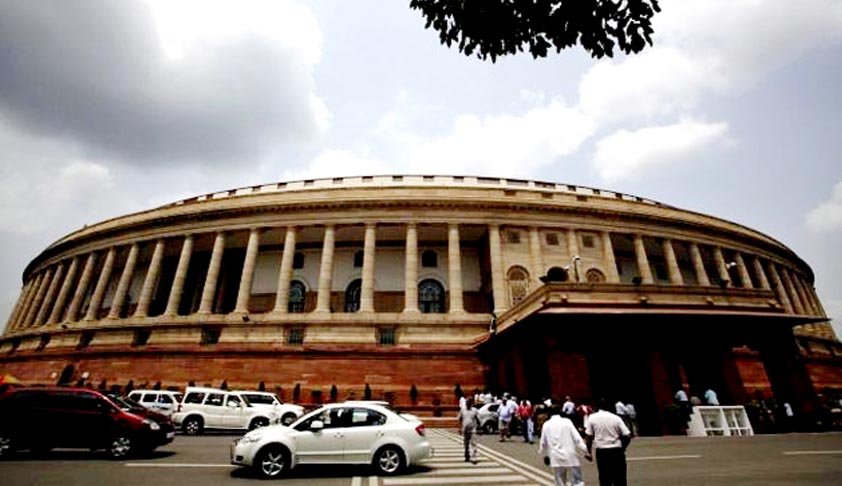- Home
- /
- News Updates
- /
- Taxation (Amendment) Bill, 2017...
Taxation (Amendment) Bill, 2017 Passed By Lok Sabha
Anubha Singh
7 April 2017 11:43 PM IST
With the expected roll out of GST on July 1, 2017 a new indirect tax regime will be born. The various current indirect taxes levied on sale of goods or supply of services by the Central or Sate Government will be subsumed into GST. Therefore, to make the Customs Act & Excise Act compliant with GST, Lok Sabha on 6th April 2017 has passed The Taxation (Amendment) Bill, 2017.With the...
Next Story



